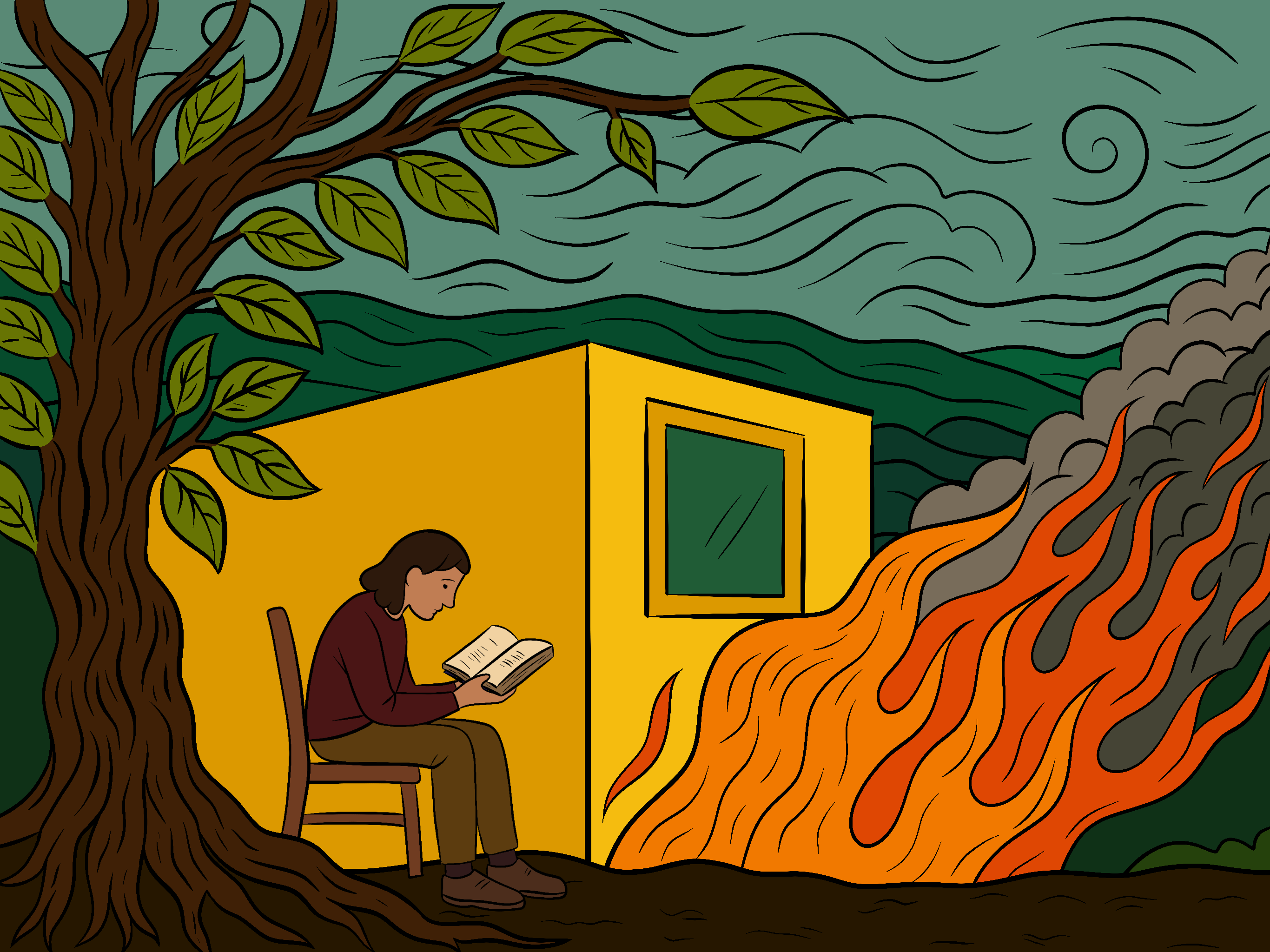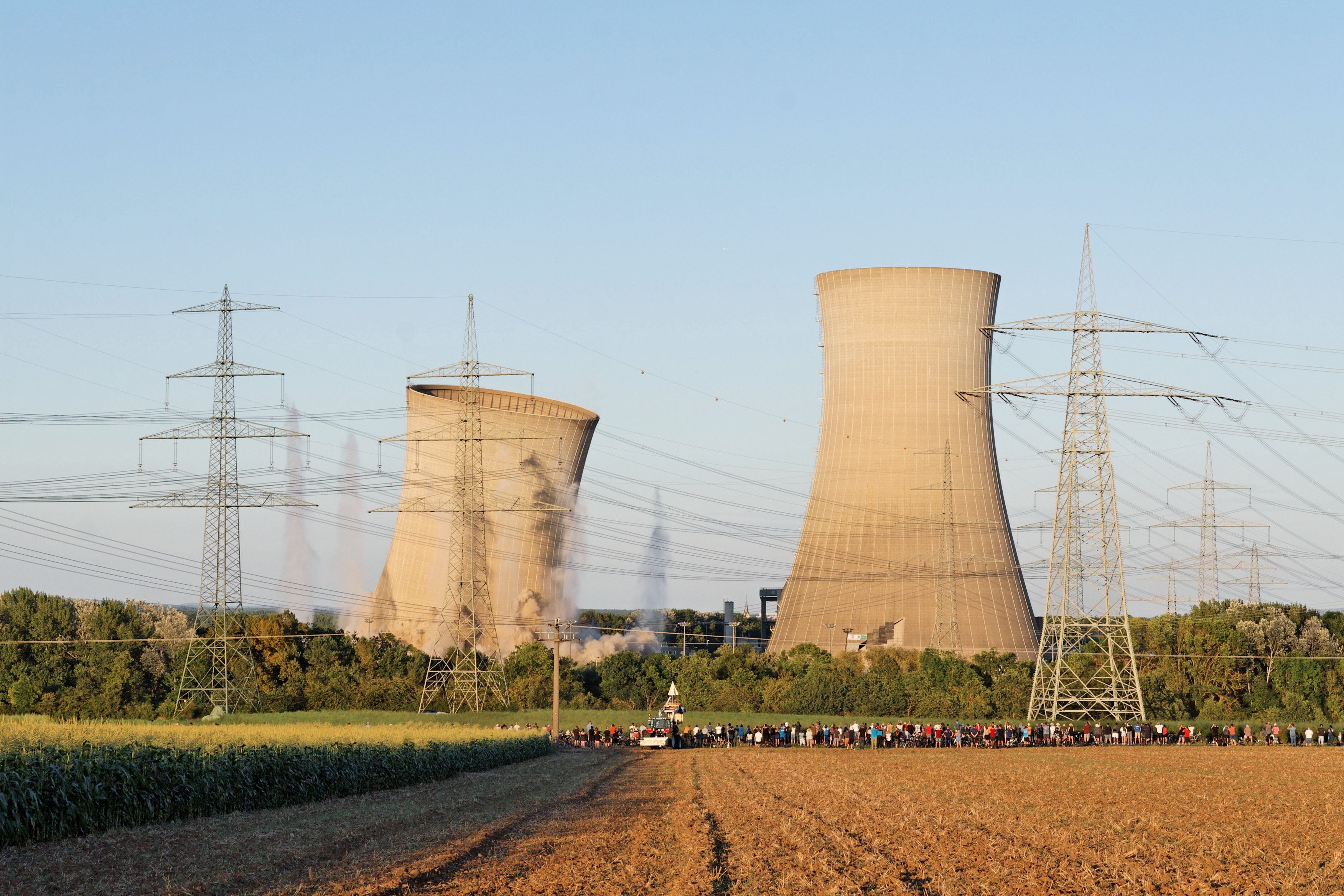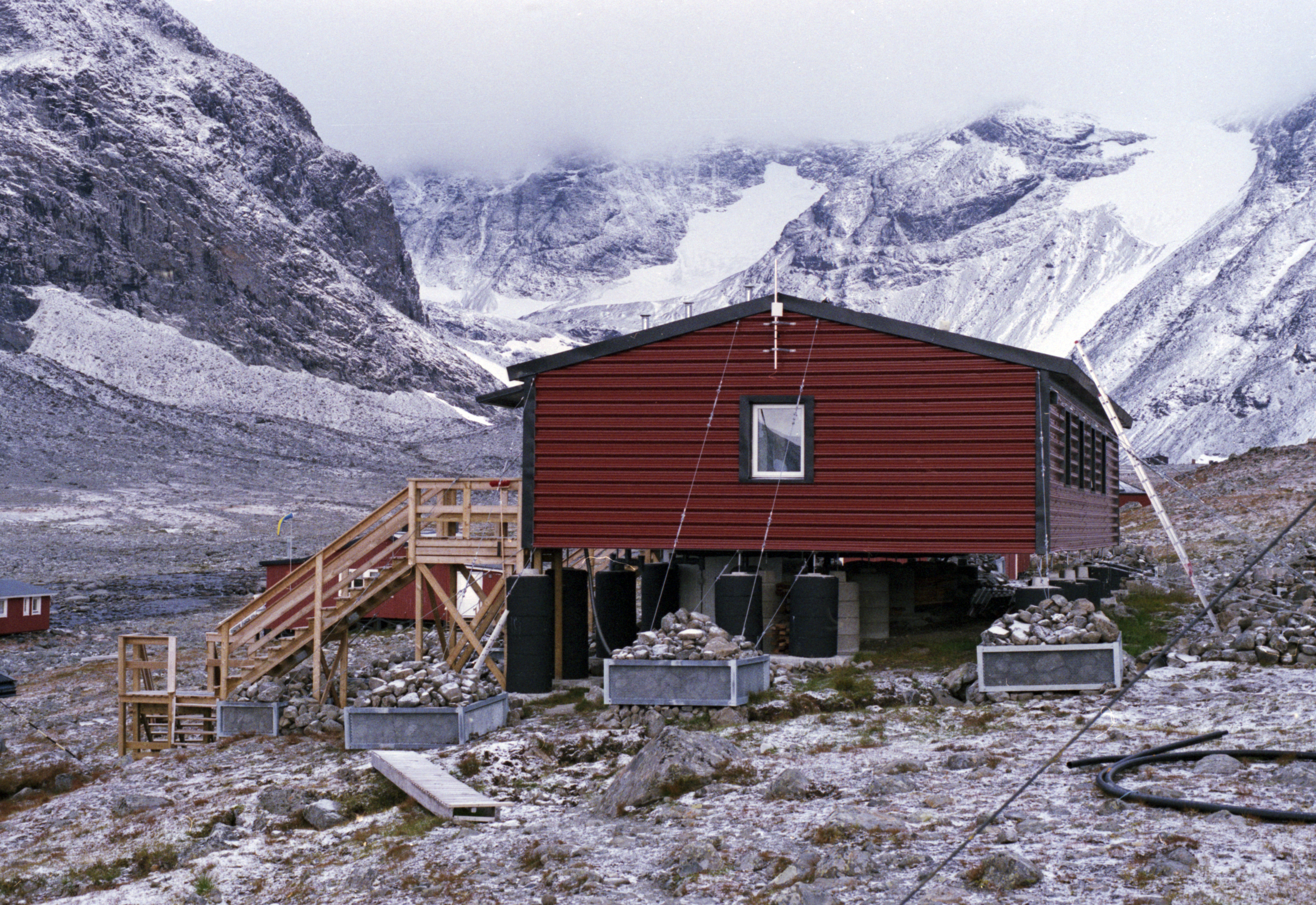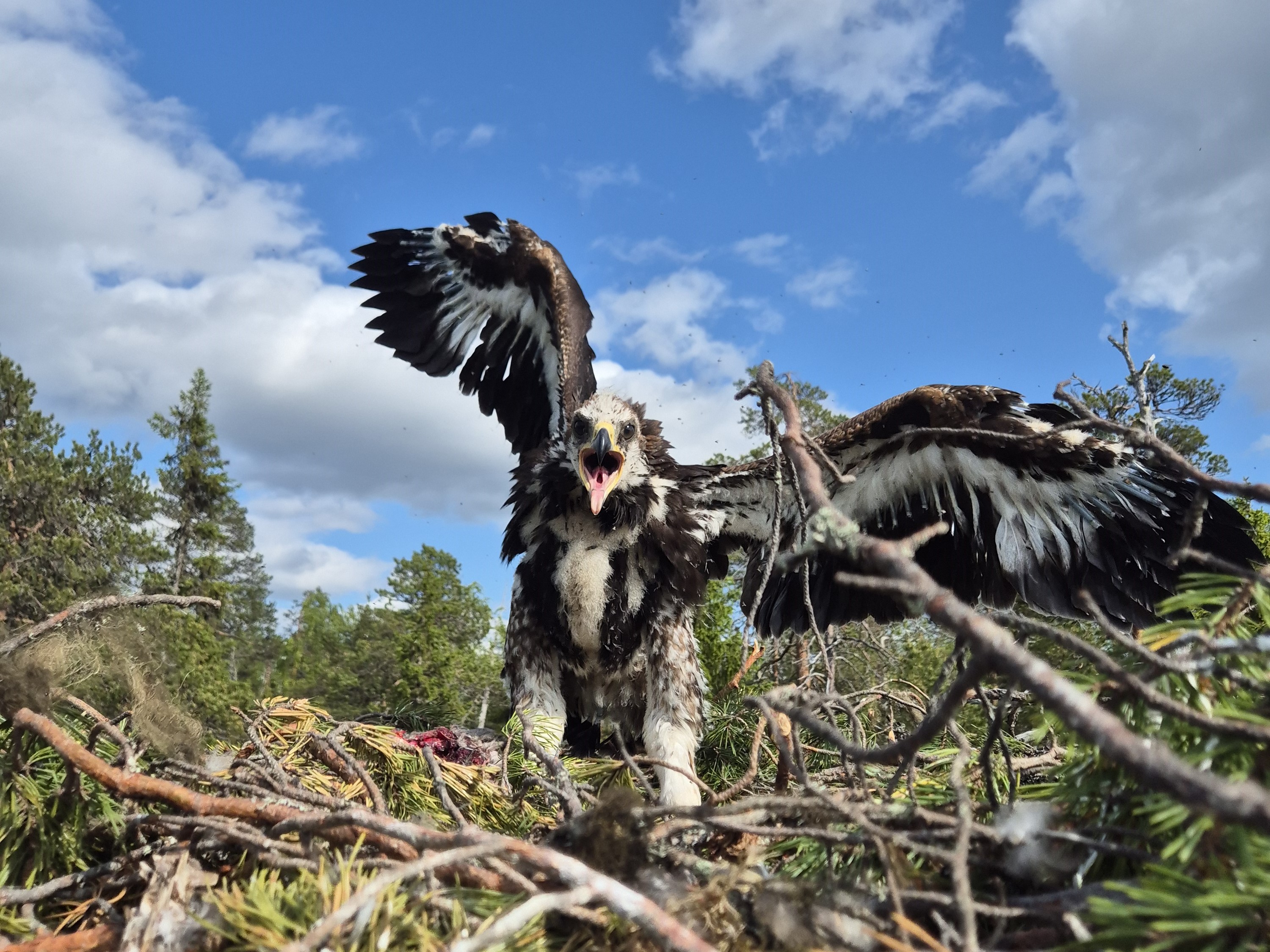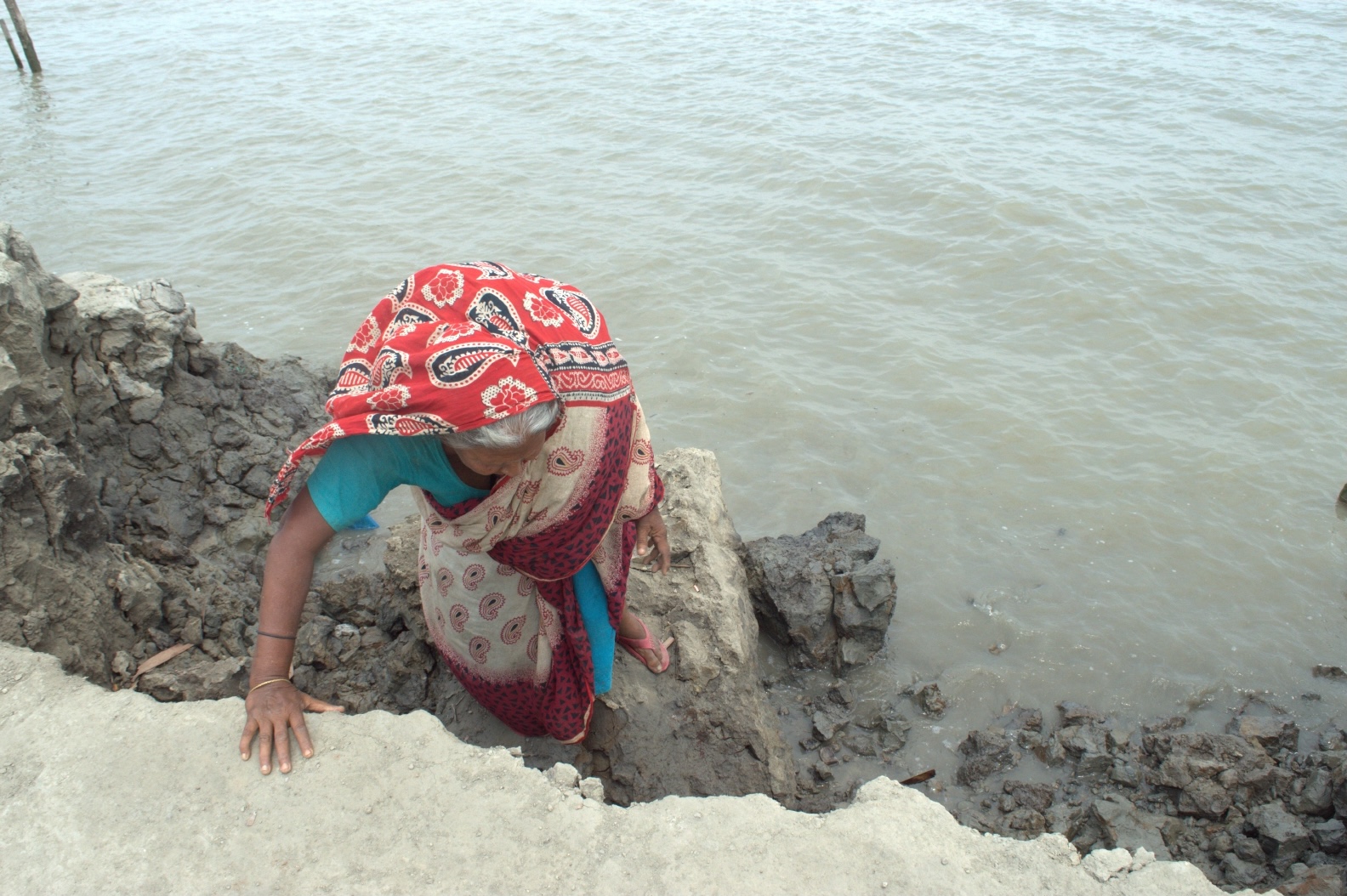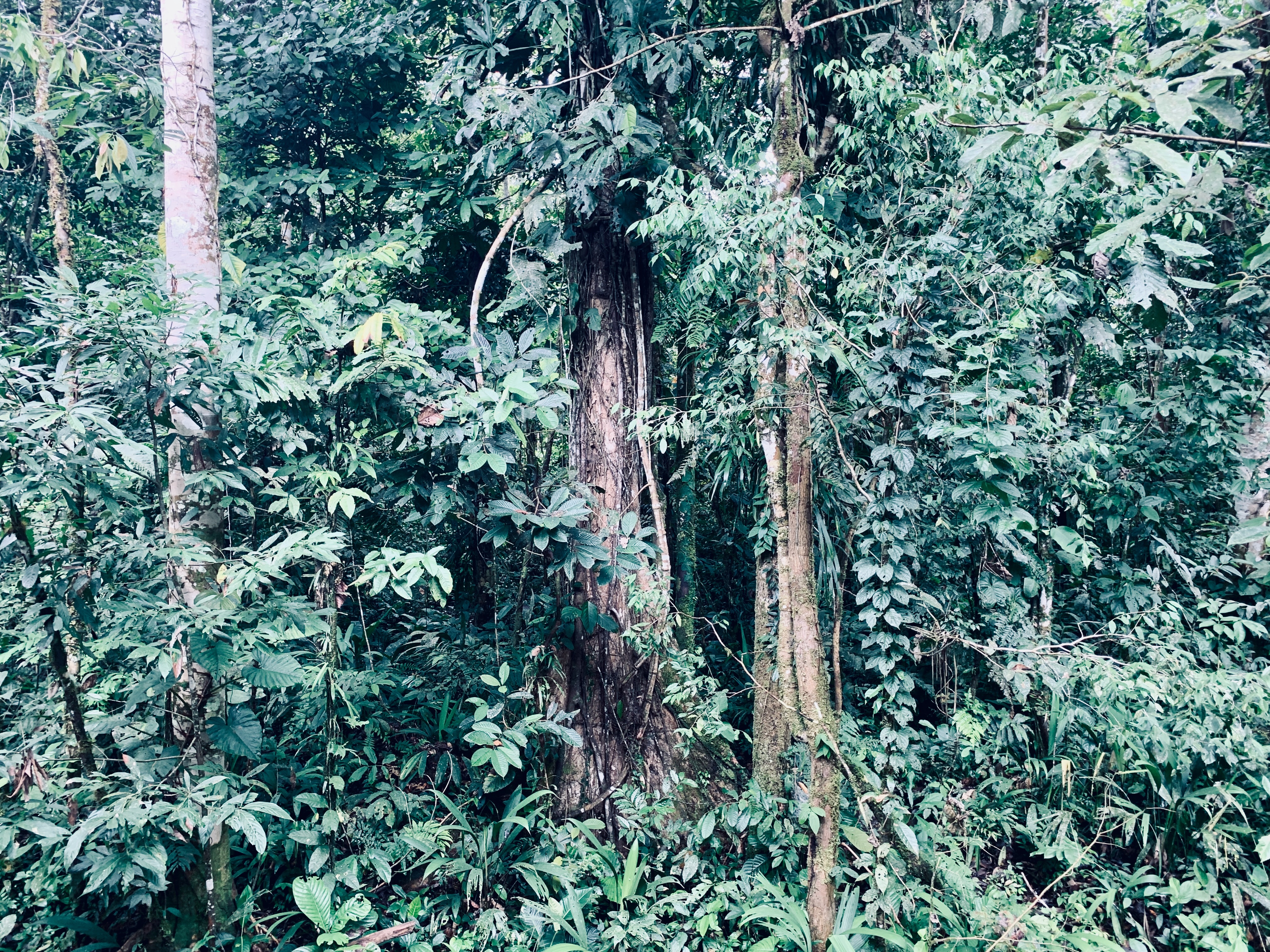No. 8 (2025)

The eigth issue of Springs opens with a dive into the world of comics, before embarking on a fieldtrip across an Arctic research station, Finland’s boreal forests, and the eroding riverbanks of Bangladesh. Three essays, a visual narrative, a short story, and an interview join forces to uncover missing pieces in our quest to understand human–environment interactions. In “Ecocomics: Vivid Worlds in Images and Text,” Julia Ludewig illustrates how comics materialize key environmental insights, not just for specialists but for all interested readers. Davide Orsini and Uwe Lübken shed light on nuclear decommissioning in their conversation about Davide’s Volkswagen Foundation Change! project “(Dis)Empowered Communities.” Flora Mary Bartlett’s photographic “Portrait of an Arctic Research Station” invites us to northern Sweden to observe the exchanges of people, materials, and knowledge “between inside and out.” Monica Vasile’s “Eagles, Marmots, Humans” follows two biologists working in the field, and asks “what kind of understanding might repair our fractured relationship with wildlife.” Amrita Dasgupta documents the precarious existence of sex workers in Bangladesh who reside on the banks of the Passur River. And lastly, in Kata Beilin’s short story “Step Away,” Eve, a renowned professor of environmental law, meets Ené, a Waorani lawyer who invites her to her village—where the boundaries between both women blur, transforming Eve in ways she could have never anticipated.

